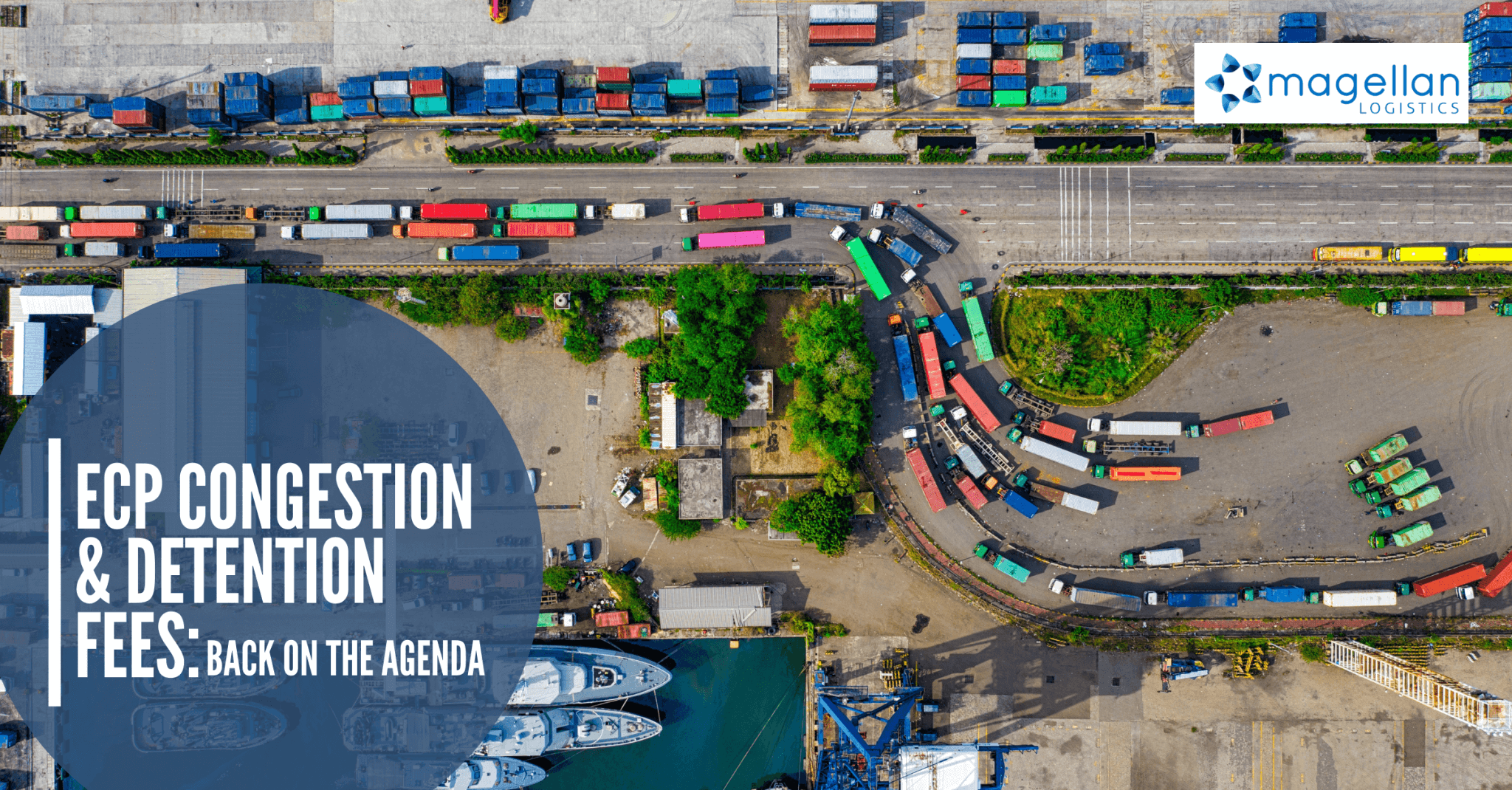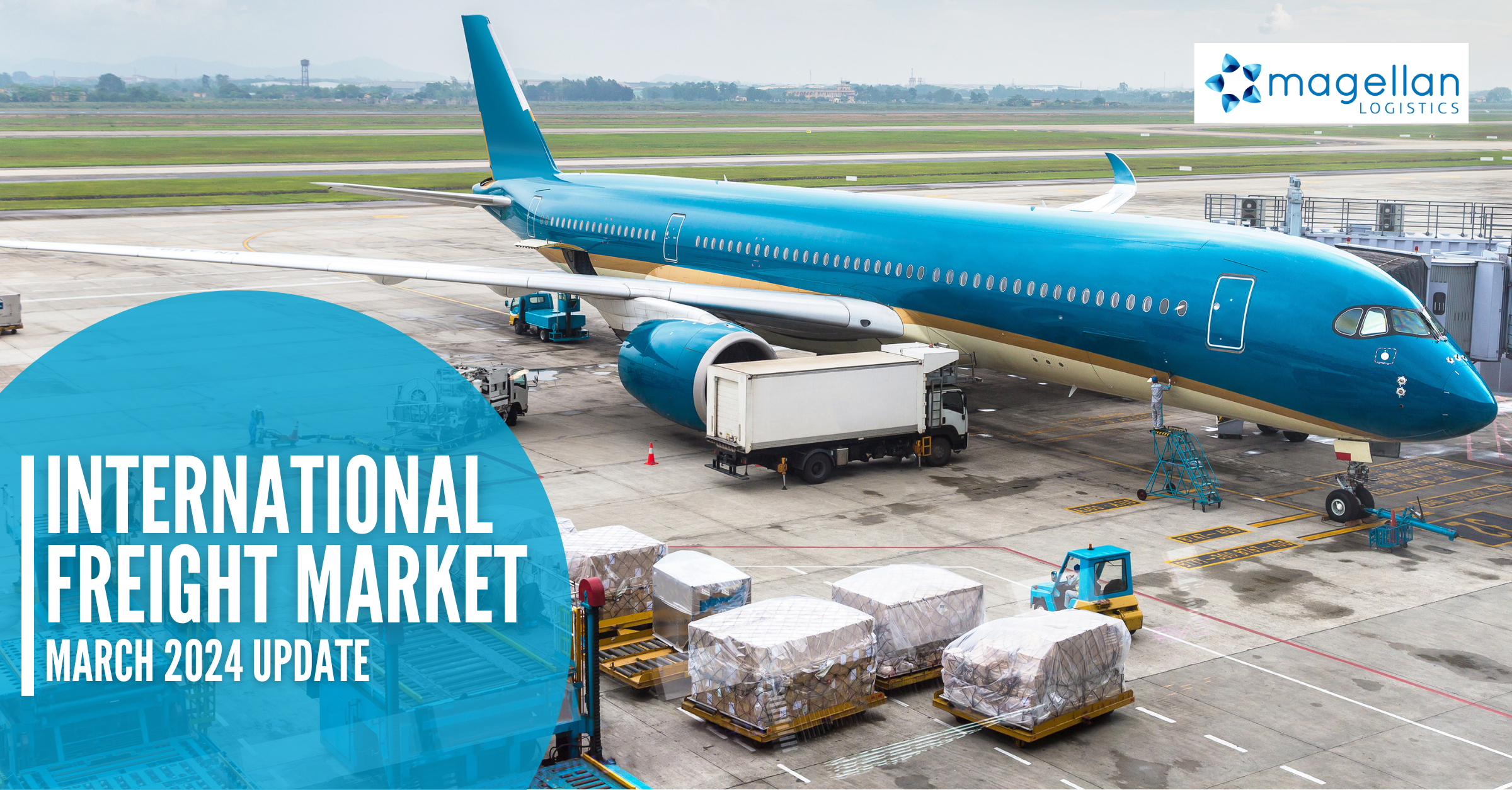The container freight industry is once again experiencing very high levels of congestion at Empty Container Parks across Sydney, Melbourne and Brisbane to the point where most ECPs are at capacity and routinely turning away containers. Each time a container is redirected, it attracts detention fees. As a result, many transport operators are staging containers in their yards until they receive a redirection de-hire location. Some Sydney terminals advise transport operators to hold onto certain container types as they cannot accommodate them.
Consequently, container detention fees levied by shipping lines are also spiralling and payable when delays occur in returning empty containers within prescribed periods as set by shipping lines.
Paul Zalai from Freight & Trade Alliance has said, “This is hitting hard. Everyone from major retailers to small businesses, freight forwarders, customs brokers and transport companies is in the unenviable position of trying to explain unexpected fees to importers and exporters, costing anywhere from hundreds of dollars per consignment up to hundreds of thousands of dollars in some circumstances.”
WHAT CAUSES CONGESTION AT ECPs?
While congestion happens in peak season due to spikes in import volumes, it is usually short term. The scale of the problem at present is due to several factors, including:
- A long-term increase in import volumes,
- Shipping lines’ reluctance to schedule sweeper vessels to return empty containers to origin ports. Due to an unbalance between Australian imports and exports and the different types of containers required, there is often a glut of empties at Australian ports that need to be returned,
- On-shore biosecurity interventions like Brown Marmorated Stink Bug (BMSB) fumigations also contribute,
- Vessel bunching due to Covid related labour shortages,
- Limited operating hours in which to receive empty containers,
- Labour shortages in other parts of the supply chain, including transport and warehouse.
These delays quickly add up and regularly exceed the detention free-time periods, after which shipping lines impose a charge on the importer.
WHAT IS THE INDUSTRY DOING ABOUT DETENTION FEES?
FTA has submitted a series of recommendations to the Productivity Commission about regulating container detention practices and the need for federal government action to ensure reasonable container detention policies.
It is the industry’s view that while shipping lines have the right to be compensated for extended equipment use, importers & shippers should not be required to pay for events that are outside of their control, such as:
- Public holidays treated as working days for the purposes of detention,
- Starting the “detention clock” from the time of discharge of the import container before the container is physically available to the importer or transport operator,
- The nominated return location cannot accept the return within the free time window,
- Redirections of empty de-hires to an alternative facility from that initially nominated by the shipping line, increasing cost and additional delay,
- Charging detention on a container due to a delay in exporting, where the container is not loaded, onto the intended vessel and rebooked on a subsequent sailing.
Container transport operators are also in discussions about liability for container detention fees. This includes when and in what circumstances transport operators may or may not accept any liability for empty container de-hire or export container delays.
Despite requests to shipping lines for blanket extensions of container detention periods, the only concession offered so far is the promise to assess the total amounts payable on a case by case basis.
As Australia moves into its traditional peak shipping season with continued strong import and export demand, there is potential for container detention costs imposed by shipping lines on import and export container equipment to continue to rise.
If you have any questions about congestion and container detention, please contact me on 1300 651 888 or via email peter.g@maglog.com.au
DETENTION FEES vs DEMURRAGE – WHAT’S THE DIFFERENCE?
For imports:
For containers arriving at a terminal, demurrage might occur if the consignee does not collect containers once they’ve arrived at the port after the free period has expired.
If the consignee takes the containers away to unload and is late returning them, the shipping line may charge the consignee detention fees.
For exports:
When exporting goods, the port authorities might give the shipper free days to pick up empty containers from their port, load them with goods and return the full containers to the port for dispatch. If there is a delay, the exporter may be charged detention for every additional day’s delay.
An exporter may incur demurrage if they deliver goods to the port before the agreed free period ahead of the vessel’s despatch date.











